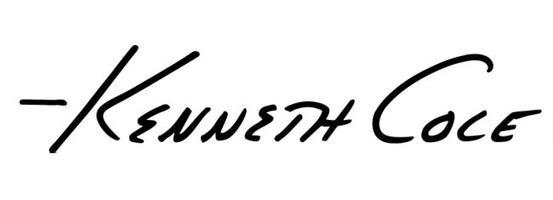Why CEOs Oppose HIV Travel Bans: They're Bad for Business
Why CEOs Oppose HIV Travel Bans: They're Bad for Business
More than 30 million people could be denied entry, detained or deported from 45 countries worldwide. They are neither terrorists, criminals nor drug dealers. The reason? They live with HIV.
Restrictions based only on positive HIV status deny the entry, stay, residence or work visas for people living with HIV, even though the HIV virus can't be transmitted through casual contact. These laws and policies not only violate human rights and don't protect the public health, they also harm a business's bottom line. In today's globalized economy and competitive landscape, work-related travel and relocation are essential for corporations to succeed. Companies have to be able to send our employees and executives overseas, regardless of their HIV status.
Yet HIV travel restrictions keep us from moving our best talent and valuable skills where they're needed.Travel restrictions can prevent HIV-positive employees from attending work meetings, conferences and site visits in nations where HIV restrictions exist, and from accepting a promotion or relocation if it involves frequent travel or moving overseas. These situations also may pressure employees to disclose to their companies why they can't obtain a visa or participate in work activities. Their HIV status then becomes an issue that their manager needs to address, not due to performance or health, but to policies that deny equal access to travel, movement and opportunity. Thus, HIV travel restrictions not only hamper a company's ability to freely conduct business around the world, they limit career growth and negate years of progress the business world has made in incorporating HIV confidentiality and non-discrimination policies into the workplace.
Similarly, such measures hamper suppliers of goods, resources and services that are critical to the growth of the private sector. Some of the leading countries in the apparel, manufacturing, energy and mining industries still impose some sort of restriction. Among the 45 countries are Australia, Malaysia, Russia, Saudi Arabia and Singapore.
Click here to continue reading the Huffington Post Article
*This article orginally appeared in the Huffington Post

